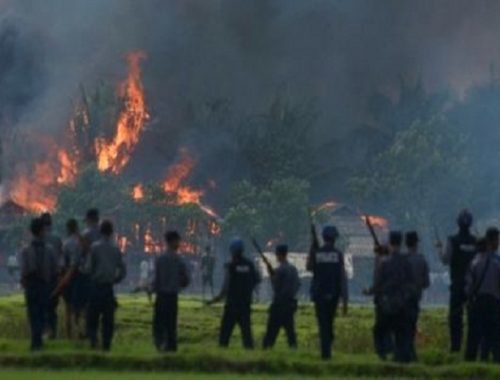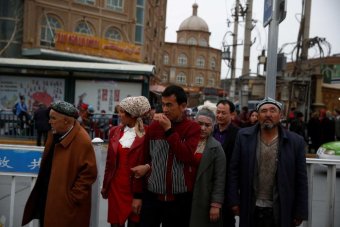Police brutality and detention of students, activists and citizens in U.P. bring to the fore apex court’s 38-year-old question
Police brutality and detention of students, activists and citizens, including allegations of custodial violence against a 66-year-old Muslim cleric in Uttar Pradesh in connection with anti-CAA protests bring to the fore the Supreme Court’s 38-year-old question: “Who will police the police?”
An exaggerated insistence on “proof beyond reasonable doubts” by courts in cases of custodial violence by ignoring ground realities and fact-situations would make the justice delivery system suspect, the apex court has cautioned. If courts adopt an “unrealistic approach,” it would only reinforce a belief in the police that no harm would come to them if an odd prisoner dies in the lock-up.
“Who will police the police? Police methodology with sinister potential to human liberty deserves strong disapproval and constitutional counteraction by this court,” the Supreme Court observed in Prem Chand versus Union of India in 1981.
‘Despicable practice’
Use of force in custody against a helpless and lonely individual is unlike muscling back a violent mob or a “violent bad character.” “The use of force against an individual in custody in his loneliness and helplessness is a grossly unlawful and most degrading and despicable practice that requires to be condemned in the strongest of terms, and we do so,” the court had observed.
Nothing is as degrading as the police “practising torture of any kind” in custody, especially when India had adopted and signed the United Nations Convention against Torture and other Cruel, Inhuman and Degrading Treatment or Punishment in October 1997.
In the D.K Basu judgment, the court held that custodial violence, including torture and death in lock-ups, strikes a blow at the rule of law. The same judgment insists that police officers carrying out arrest should wear “accurate, visible and clear identification and name tags with their designations.”
Dual role
The court, in Prakash Singh case, held that the Constitution mandates the police to perform their dual role of a law enforcing agency and an institution to protect citizens’ rights with autonomy, accountability and efficiency. The Code of Conduct for the Police in India of 1960 insists that police personnel recognise themselves as members of the public.





